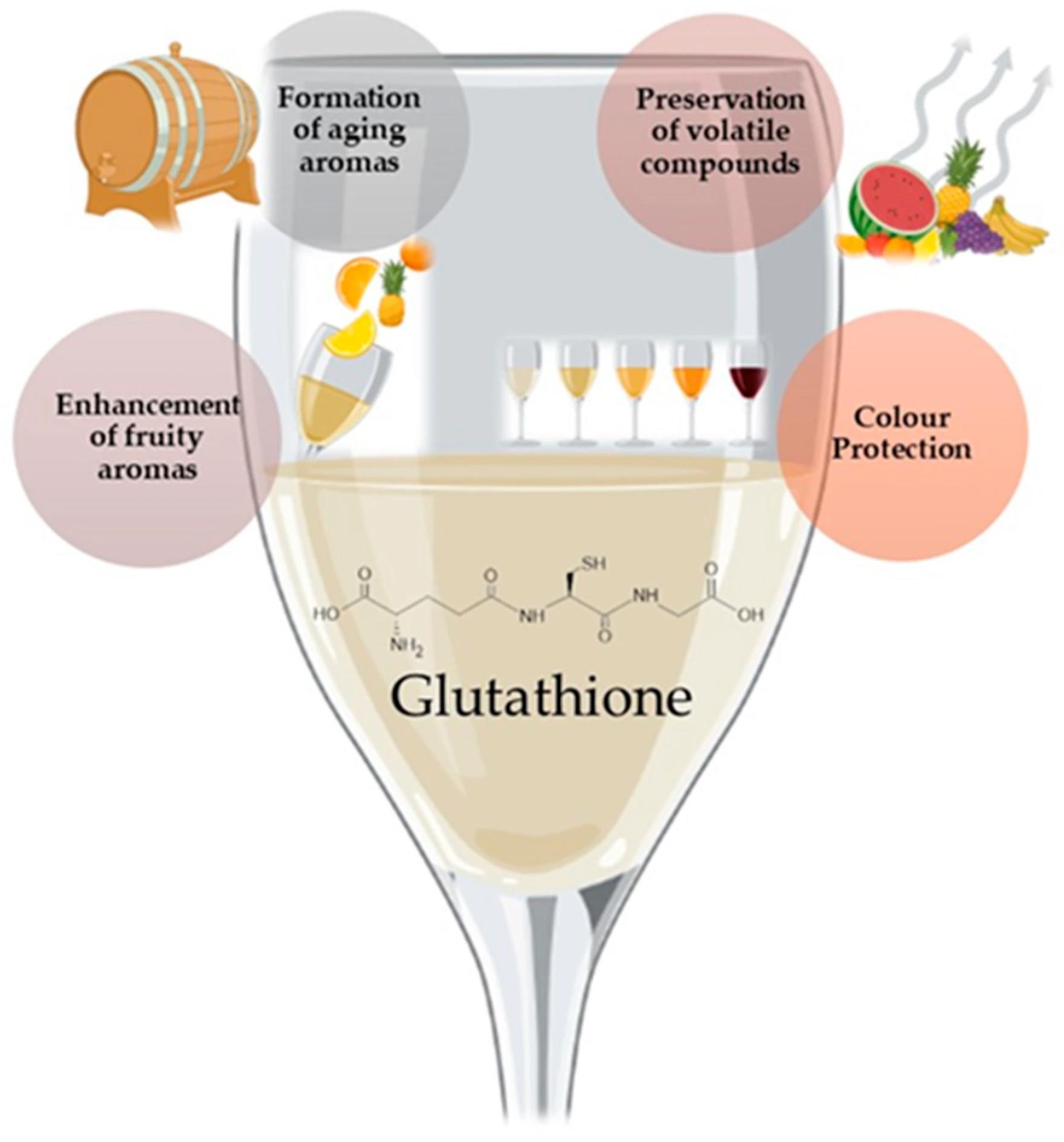Despite the risks of alcohol overconsumption, the health benefits of consuming wine in moderate quantities are well known. Wine is often part of the Mediterranean diet, associated with a longer, healthier life, and preventing disease through lifestyle and diet is preferable to medical intervention.
The benefits of wine come from its polyphenol compounds, which include flavonoids like anthocyanins and non-flavonoids like caffeic acid. These compounds have anti-inflammatory, antioxidant, and cardioprotective properties. The byproducts of winemaking, such as brandy, grape seed oil, grape juice concentrates, wine vinegar, and dietary supplements, also contain beneficial bioactive compounds.
“Wine and wine-related products are complex matrices containing thousands of these compounds, many with nutraceutical properties.”
The review
The research team reviewed the vast body of literature on the beneficial compounds found in wine and the factors that influence their development. To inform further study, they identified research gaps that should be addressed and created an essential resource for winemakers and the research community.
The methods used for isolating and studying the compounds present in wine have varying sensitivities and should be chosen based on the compound under examination and the product it is found in. The strength of polyphenols and other compounds is also affected by environmental factors. The authors note the need to use modified and specialized techniques to overcome challenges such as cross-contamination, which can reduce the accuracy of results.
Phenolic and non-phenolic compounds in wine
Phenolic compounds can be classified as flavonoids, non-flavonoids (stilbenes and phenolic acids), and compounds produced after fermenting. Meanwhile, non-phenolic compounds include glutathione, vitamins, and minerals.
Phenolic compounds have antioxidant properties; they contribute to good health by reacting with free radicals and preventing cellular damage. Flavonoids may exist independently but are often found in a polymerized state with sugars, non-flavonoids, or other flavonoids. Flavonoids include flavanones and anthocyanins, which give the wine its distinctive color, aroma, flavor, and dryness.
“Sensory evaluation plays a critical role in wines and wine-related products since it evaluates essential attributes such as color, clarity, odor, taste, and astringency, among others, like mouthfeel. However, these sensory characteristics can be modified by the presence of health-promoting compounds, namely polyphenols, and their low solubility.”
Fermentation promotes microbial activity and introduces bioactive products like hydroxytyrosol, tryptophol, and tyrosol. In addition to their documented cardiovascular benefits, they have anticancer, antidiabetic, antiatherogenic, antidiabetic, lipid-regulating, and neuroprotective properties. Evidence from some studies shows that they may reduce COVID-associated liver damage. Drinking wine also releases serotonin and melatonin, promoting healthy sleep and regulating mood.
Wine products contain vitamin A, vitamin C, and vitamin E. Vitamin A may improve skin health by preventing macular degeneration associated with aging. Vitamin C bolsters the immune system and supports collagen synthesis, while vitamin E is protective against cancer and heart disease. However, the authors note that vitamin concentrations in wine products have not been well-studied.
Minerals found in wine products include potassium, calcium, sodium, and magnesium, which are crucial for physiological processes such as bone health, electrolytic balance, and blood pressure regulation. Glutathione is another significant antioxidant, which preserves the compounds in the wine and thus its flavor.
 Schematic effect of glutathione in wine and wine-related products.
Schematic effect of glutathione in wine and wine-related products.
The role of the environment
The contribution of terroir, or the ecosystem in which a wine is grown, cannot be overstated. The terroir integrates environmental factors such as soil composition, climate, and topography with human management practices such as viticultural techniques and the choice of cultivar and vine rootstock.
The benefits conferred by different wines cannot be separated from their environment and cultivation practices. Soil characteristics affect the sugar and nitrogen levels and the anthocyanin content in the grapes. Biodiverse vineyards have natural mechanisms for pest control, reducing the need for chemical pesticides.
“Different soils contribute distinct flavors and textures to the grapes, which can be reflected in the wine.”
Slight variations in environmental factors lead to differences in grapes and the resulting wine products, including the strength of the phenolic and non-phenolic compounds they contain. They also modify the taste of the wine – grapes grown in volcanic soils may taste smokier, while wines from limestone-rich soils may taste flinty or chalky.
Various techniques such as chromatography, spectroscopy, antioxidant assays, enzymatic methods, and electrochemical techniques are used to isolate and study beneficial compounds in wine. The authors caution that the choice of method should be driven by the product being studied and the compound to be isolated. Further systematic studies can drive the development of viticulture practices that promote human health and environmental sustainability while still producing a delicious bottle of wine.
Journal reference:
- Beyond the bottle: Exploring health-promoting compounds in wine and wine-related products – extraction, detection, quantification, aroma properties, and terroir effects. Marques, C., Dinis, L., Santos, M.J., Mota, J., Vilela, A. Foods (2023). https://doi.org/10.3390/foods12234277, https://www.mdpi.com/2304-8158/12/23/4277